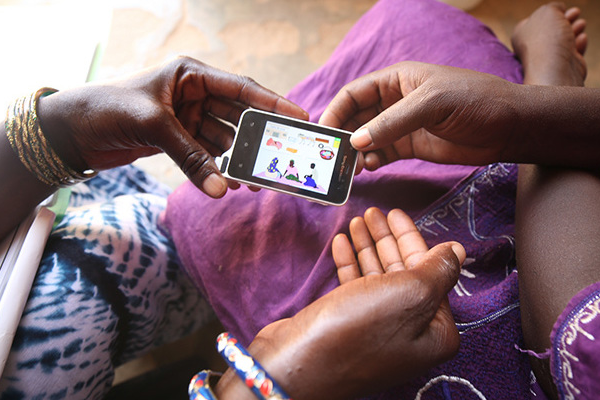 How can ICT4D improve healthcare in developing countries?
How can ICT4D improve healthcare in developing countries?
There are many ways in which ICT4D (Information and Communication Technologies for Development) can improve healthcare in developing countries. Some examples include:
- Telemedicine: ICTs can be used to connect healthcare providers in remote or underserved areas with specialists in urban centers, allowing for the delivery of high-quality medical care to people who might otherwise not have access to it.
- Health information systems: ICTs can be used to create and maintain electronic health records, which can improve the accuracy and efficiency of healthcare delivery and reduce the risk of medical errors.
- Disease surveillance and outbreak response: ICTs can be used to track and monitor the spread of diseases, allowing for more effective and timely responses to outbreaks.
- Public health campaigns: ICTs can be used to deliver health education and information to large populations through social media, mobile apps, and other digital platforms, helping to raise awareness about health issues and promote healthy behaviors.
- Supply chain management: ICTs can be used to improve the management of medical supplies, ensuring that they are delivered to the right place at the right time, and helping to prevent shortages and wastage.
Overall, the use of ICTs in healthcare can help to improve access to care, quality of care, and the efficiency of healthcare delivery in developing countries, ultimately leading to better health outcomes for the populations served.
Read More About ICT4D in Healthcare Below
10 Ways Artificial Intelligence Can Improve HIV Prevention Today
The global HIV response stands at a precarious crossroads. With U.S. government funding freezes, shifting donor priorities, and geopolitical uncertainty, hard-won...
TrustRx: How to Overcome AI Resistance in Digital Health?
I’ve spent the last week grappling with two questions that should keep every development professional awake at night:
Would you accept Dr. AI to treat you...
Pop Quiz: Name 20 Digital Health Global Good Solutions That Scaled
Digital health solutions are critical tools for strengthening health systems in low- and middle-income countries and there are many to choose from in 2025.
We can...
What Are Digital Health Service Costs for Marginalised Youth?
The digital transformation is revolutionising health systems and access to health information. While these advances have improved healthcare access in low- and...
We Must Invest in Locally-owned Health Data Systems
Over the past two months, major funding cuts have created profound disruptions across global health programs, putting local and global health at risk.
According...
Data-Driven Decision-Making Optimizes Healthcare Supply Chain Performance in Uganda
Healthcare supply chains are complex, interconnected systems crucial for delivering timely and effective health services. For USAID implementing partners, optimizing...
Moving to Impact-Driven Change in Digital Health Transformation
Alain Labrique delivered the closing keynote at the 2024 Global Digital Health Forum in Nairobi, reflecting on the pressing need to transform global health through...
Needed: ChatGPT Prompt Training for Frontline Health Workers to Use GenAI
If you believe the GenAI hype, then you should not be surprised by the viral New York Time article, A.I. Chatbots Defeated Doctors at Diagnosing Illness, where...
Please Use Digital Inclusion and Social Capital to Combat HIV/AIDS
USAID implementing partners can use many tools to fight the HIV/AIDS epidemic. New research shows marked improvement in health outcomes when organizations focus...
Are You Harnessing Machine Learning for Diabetes Prediction in LMICs?
Diabetes is a global issue. 537 million people have diabetes in the world – 24 million people on the African continent today and 55 million by 2045. Anywhere...











